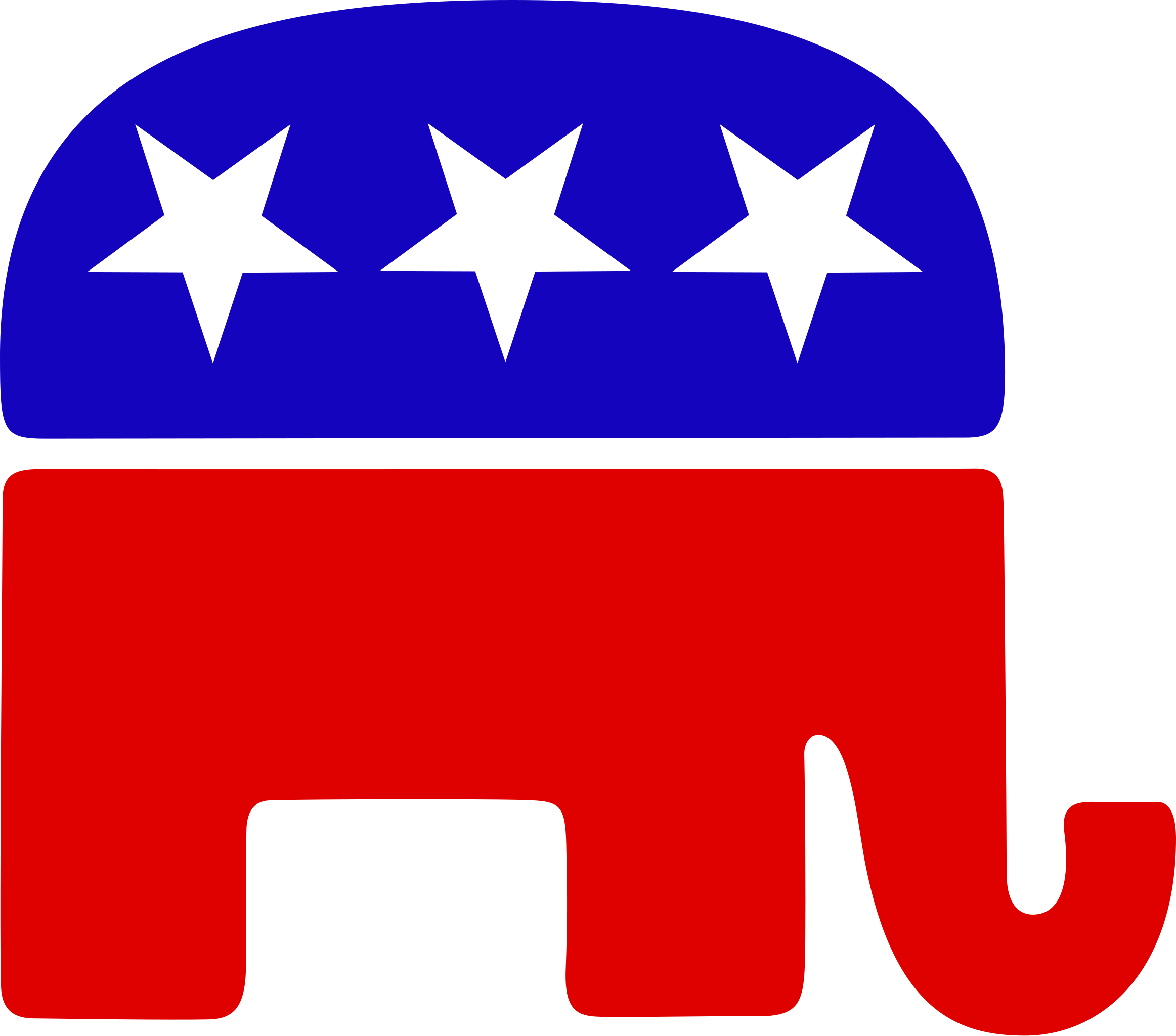HB 3476 (2025)
House Bill 3476 expands West Virginia’s hate crime laws by adding “sexual orientation” and “gender identity” to the list of protected classes. Under the bill, anyone who willfully injures, intimidates, or interferes with another person because of these characteristics can be charged with a felony punishable by up to ten years in prison and a $5,000 fine. The law also criminalizes conspiracy to commit such acts.
LEAD SPONSOR
Del. Bryan Smith
- OUR POSITION: NO
The Family Policy Council opposes this legislation.
Importantly, the bill uses broad language prohibiting anyone from “interfer[ing] with any other person in the free exercise or enjoyment of any right or privilege” secured under state or federal law. This phrase could be applied far beyond physical violence or intimidation. For example, a judge, county clerk, or pastor who refuses to participate in or officiate a same-sex marriage could arguably be construed as interfering with the couple’s “enjoyment of a privilege” recognized under Obergefell v. Hodges. While supporters may intend the bill to target violent acts, the expansive wording could expose individuals exercising their religious or moral convictions to felony prosecution.
Under this bill, owners of private gyms could face serious felonies and legal risks simply for enforcing sex-specific policies that protect privacy and safety. Because the bill adds “sexual orientation” and “gender identity” as protected classes and criminalizes interference with a person’s “free exercise or enjoyment” of rights, a gym owner who restricts access to women’s locker rooms or showers based on biological sex could potentially be accused of violating the law. The penalties are severe—up to ten years in prison and $5,000 in fines—and even conspiring to uphold these privacy standards could trigger felony liability. For business owners, this represents a direct clash between maintaining safe, private spaces for customers and complying with expansive new legal mandates.
Why We Oppose This Bill
Del. Bryan Smith’s sponsorship of House Bill 3476, the House version of the so-called “Fairness Act,” marks a significant expansion of West Virginia’s hate crime statutes. The bill adds “sexual orientation” and “gender identity” to the list of protected classes already including race, color, religion, ancestry, national origin, political affiliation, and sex. At first glance, supporters may frame this as a simple matter of fairness or equal protection; however, the legislation raises serious concerns about legal overreach, societal implications, and potential conflicts with individual freedoms and traditional moral norms.
Under current law, individuals are already protected from violence or intimidation based on immutable characteristics. HB 3476, however, introduces protections for characteristics that are culturally and socially defined rather than purely biological.
By including “sexual orientation” and “gender identity,” the bill effectively elevates behaviors and personal self-identification to the same status as inherent traits like race or sex. This shift could open the door to expanded legal liability in situations where disagreements over beliefs, speech, or policy intersect with these newly recognized categories.
The practical effect of the bill is that any person who harms another because of the victim’s sexual orientation or gender identity could face felony charges with penalties of up to ten years in prison and a $5,000 fine.
Another concern is the broader cultural message. By codifying protections for these categories, the state is signaling a shift away from traditional moral frameworks and towards a government-enforced hierarchy of identity categories. This creates legal and social pressure to conform to ideologies regarding gender and sexuality, which may conflict traditional doctrinal religious beliefs, parental rights, and freedom of conscience.
It attempts to establish and embed government preference for certain social behaviors into the criminal code.
West Virginia should instead focus on enforcing existing laws against legitimate violent acts, without expanding protected classes in ways that could infringe on constitutional liberties and traditional moral values.
| Legislator | District | Party | Position |
|---|---|---|---|
| 73 |  |  Support Support |

